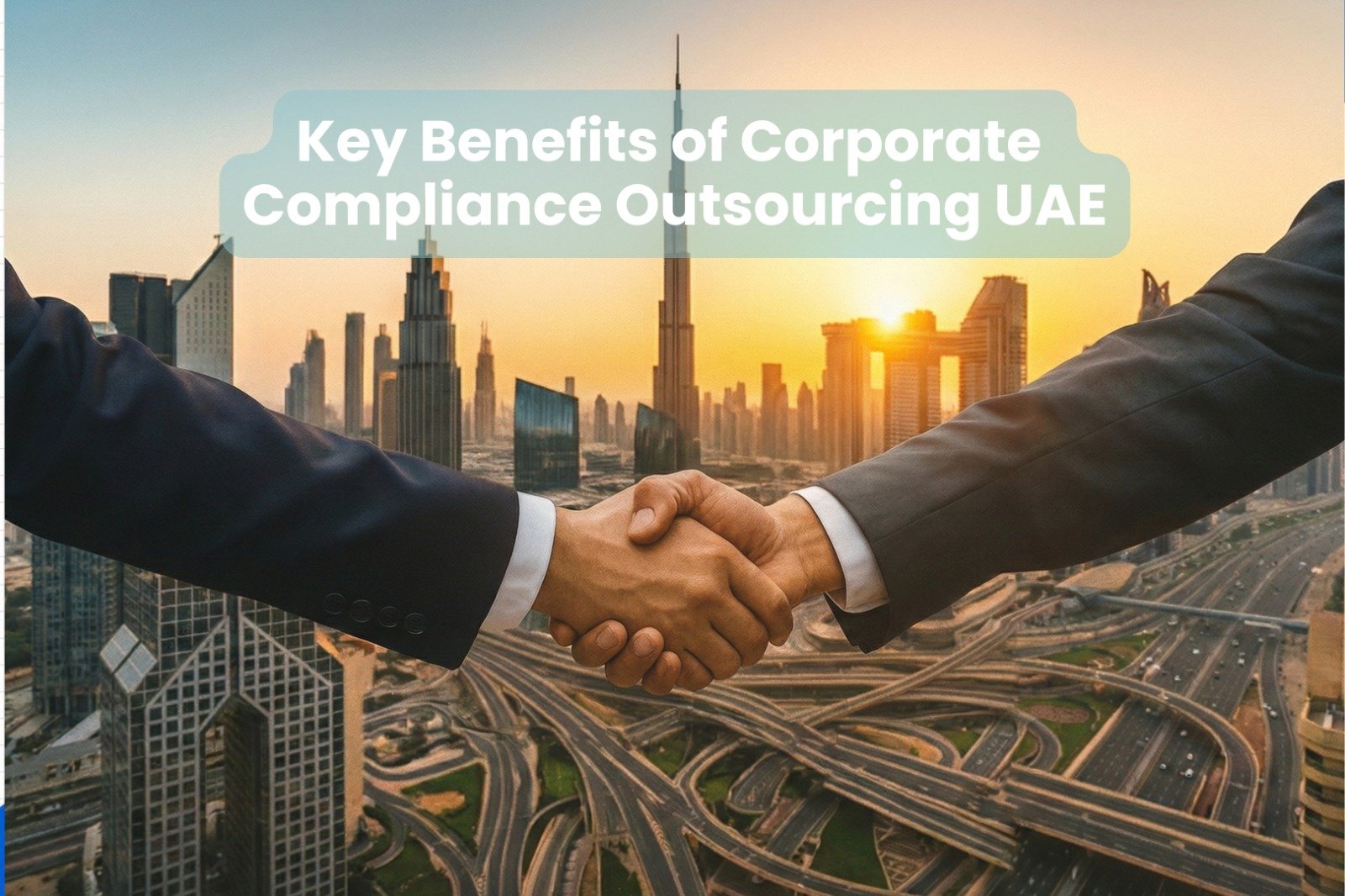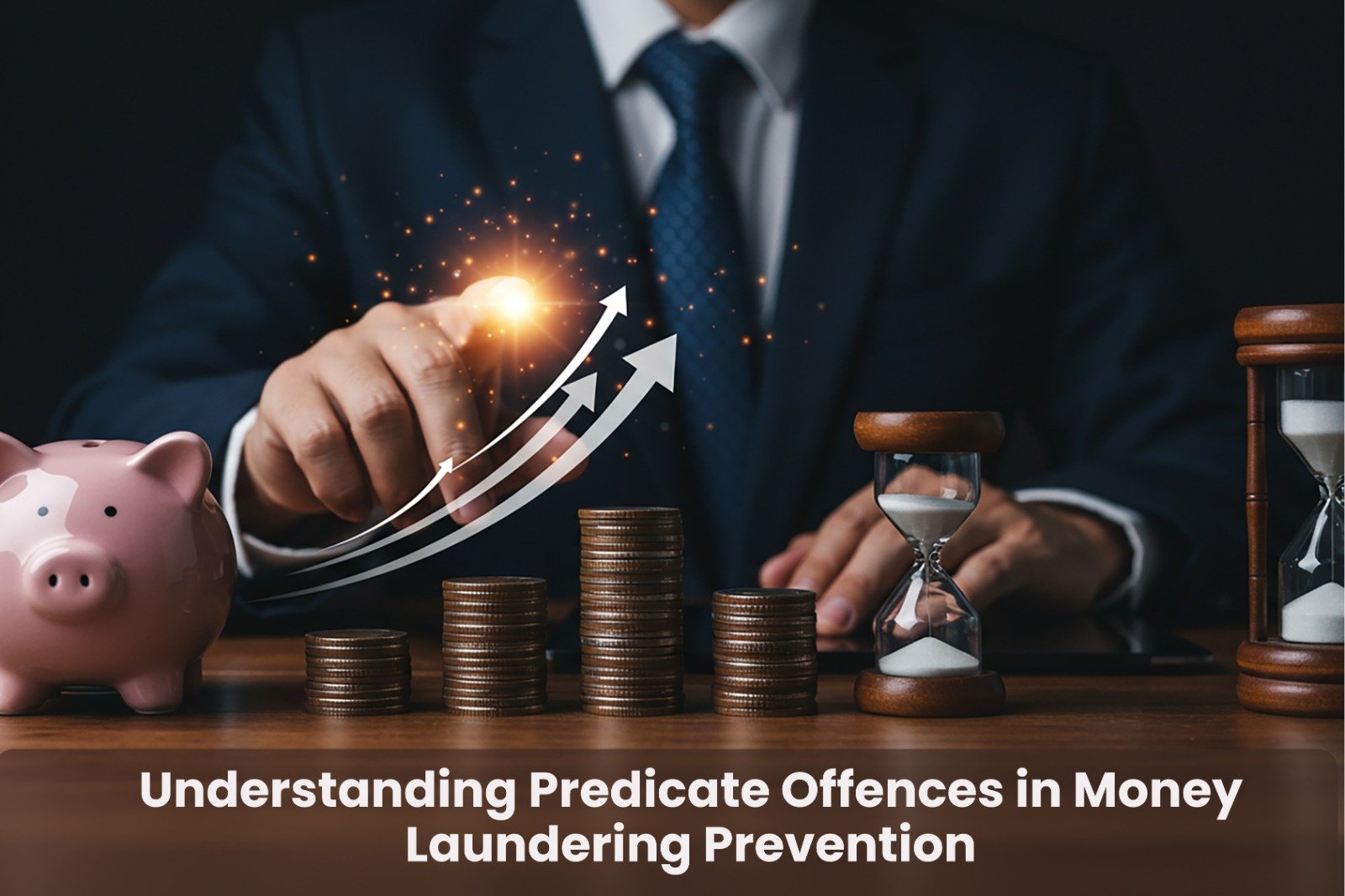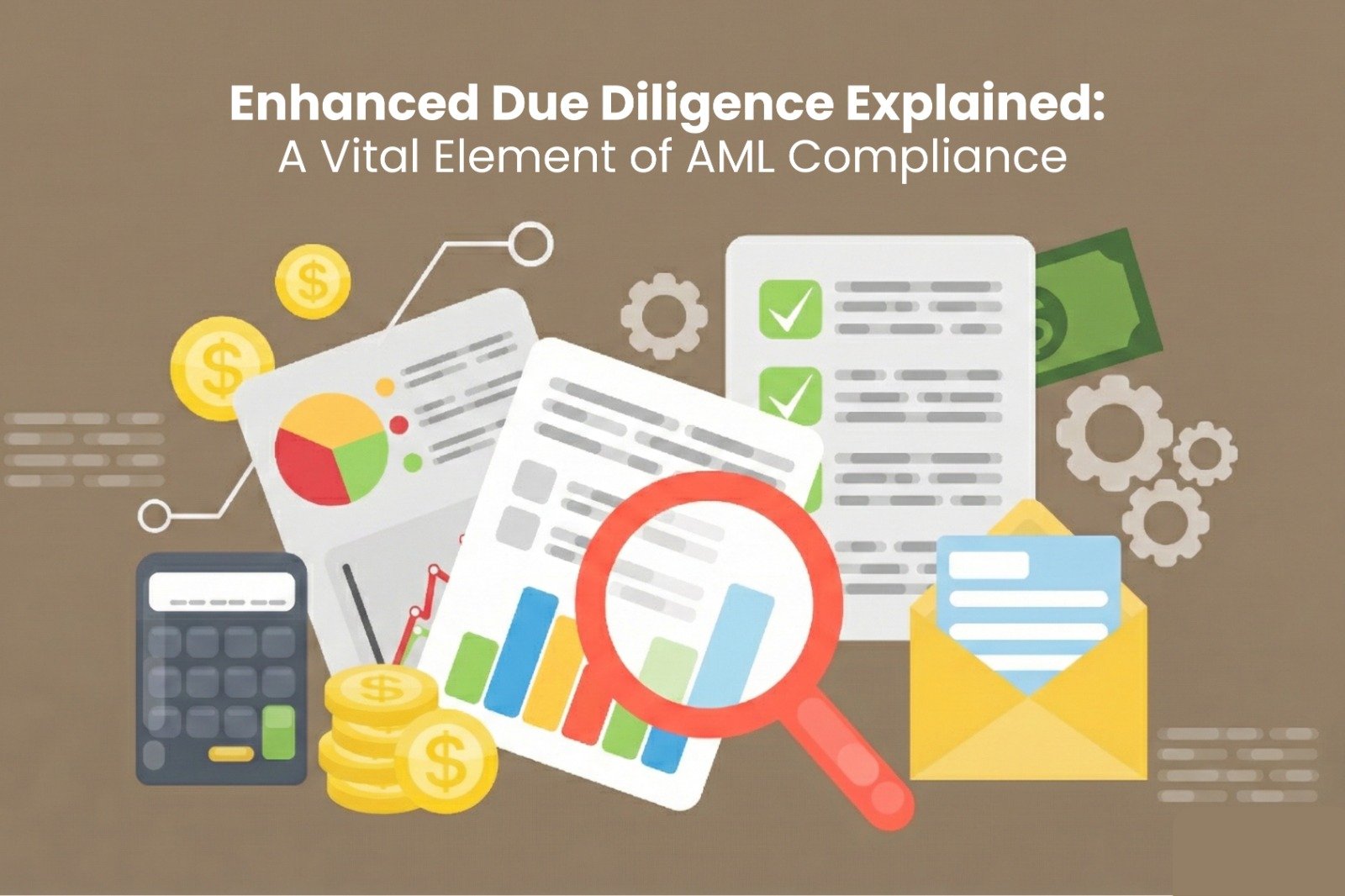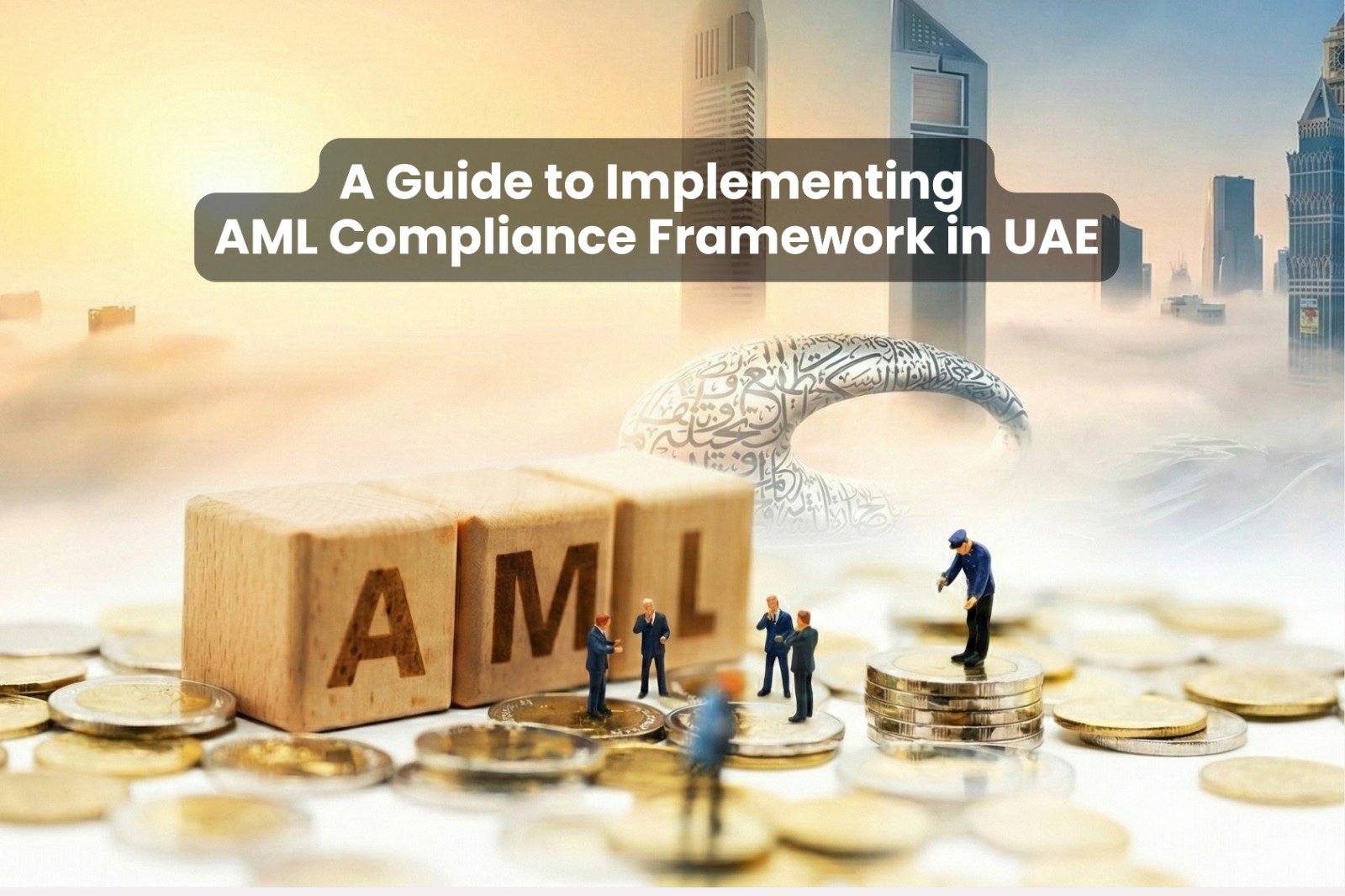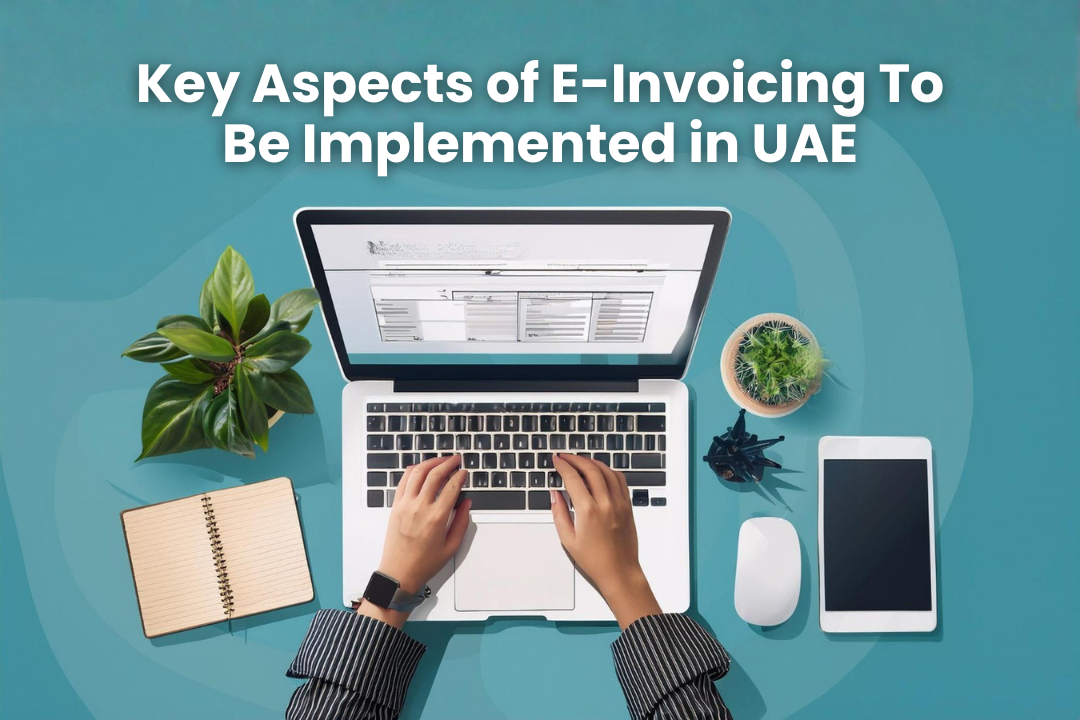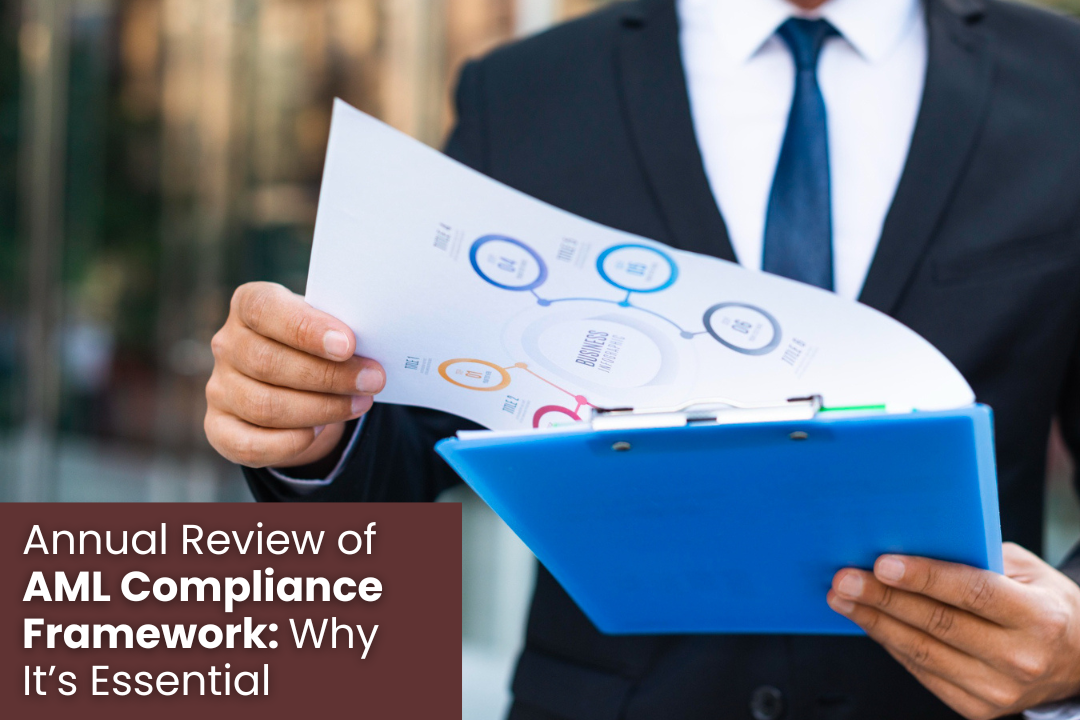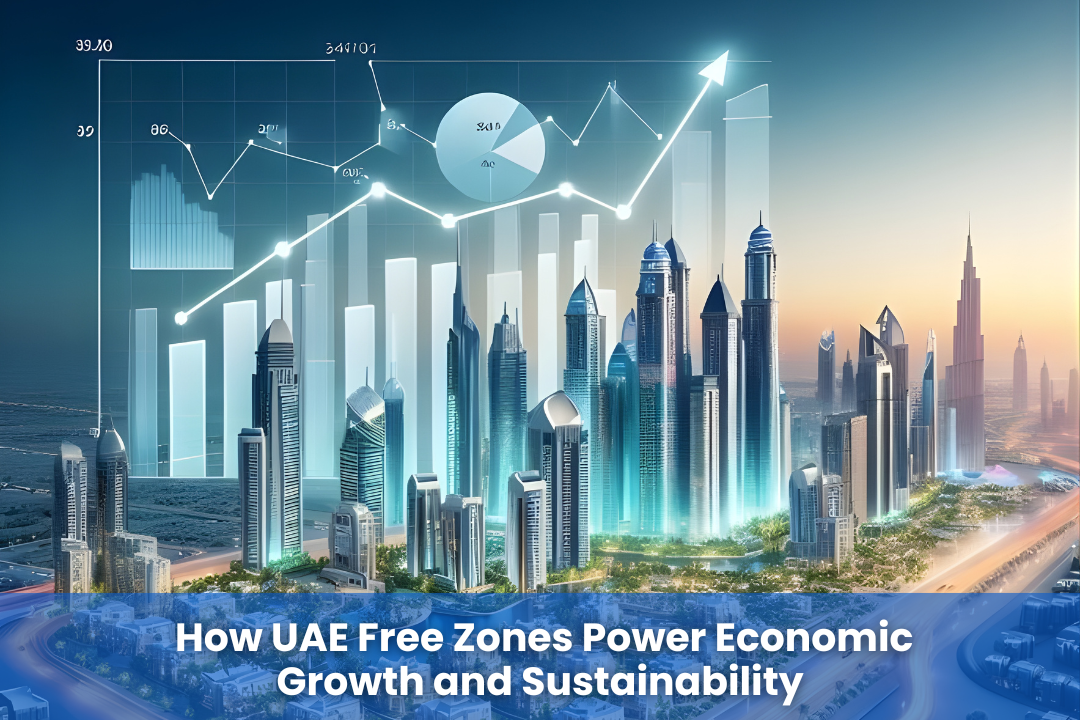Financial crime is becoming increasingly sophisticated, and regulators worldwide are tightening their frameworks to combat money laundering and terrorism financing. In this environment, businesses—especially those in banking, finance, real estate, Dealers in Precious Stones and Metals, and professional service providers like Lawyers, Auditors and Accountants – cannot rely solely on traditional customer due diligence (CDD). Instead, they must implement advanced screening methods that focus on Adverse Media and Politically Exposed Persons (PEPs).
Adverse media screening helps organizations identify individuals or entities linked to corruption, fraud, organized crime, or other reputational threats by monitoring credible news sources and databases. On the other hand, PEP screening highlights customers with political influence or connections, who pose higher risks of bribery, embezzlement, and misuse of public funds.
Both processes are considered critical pillars of Anti-Money Laundering Screening and are strongly emphasized under AML Compliance in UAE regulations. By integrating these checks into enterprise-wide compliance programs, businesses not only meet regulatory expectations but also safeguard their reputation, build customer trust, and minimize exposure to financial crime risk.
Why Screening for Adverse Media Matters
Adverse media, also known as negative news screening, involves monitoring public sources like news articles, press releases, and online reports for information about individuals or entities linked to fraud, corruption, terrorism, or financial crime.
A customer with a history of legal issues, regulatory breaches, or negative publicity can expose businesses to significant compliance and reputational risks. Regular monitoring helps organizations:
- Detect early warning signals of financial crime.
- Safeguard their reputation by avoiding high-risk clients.
- Strengthen their overall Anti-Money Laundering Screening process.
Importance of Screening Politically Exposed Persons (PEPs)
PEPs are individuals who hold or have held prominent public positions, along with their family members and close associates. Due to their influence and access to public funds, they are considered high-risk in AML frameworks. For example, a government official’s involvement in a financial transaction may warrant closer scrutiny. Screening for PEPs helps businesses:
- Mitigate risks of bribery, corruption, and embezzlement.
- Comply with global and AML Compliance in UAE regulations.
- Implement enhanced due diligence (EDD) processes effectively.
Integrating Screening into AML Compliance Programs
To build a strong compliance framework, businesses must integrate Adverse Media and Politically Exposed Persons screening into their daily operations. Best practices include:
- Using automated AML Risk Assessment Tools for continuous monitoring.
- Updating watchlists and media sources regularly.
- Training employees through AML compliance training in UAE initiatives.
- Conducting periodic AML compliance audits to ensure effectiveness.
Conclusion
Screening for Adverse Media and Politically Exposed Persons (PEPs) is not just a regulatory obligation—it is a business necessity. By proactively identifying and mitigating risks, organizations can safeguard themselves against financial crime, maintain trust, and remain compliant with AML Compliance in UAE frameworks. For businesses seeking expert guidance and tailored solutions, partnering with Auditac International ensures robust Anti-Money Laundering Screening practices that keep you ahead of regulatory requirements.

